By Cole Lennon
Loud denunciations of “currency wars” and “competitive devaluation” nowadays are just that: loud. They produce an awful lot of sound, but not a lot of substance. Finance commentator and author Jim Rickards’ 2011 book Currency Wars absurdly suggests the Federal Reserve’s quantitative easing program is part of a dollar-crashing currency war as a result of devaluation—even calling it "the greatest gamble in the history of finance." Rickards’ claim that QE is a gamble that could bring catastrophe distorts reality. Devaluing currencies, particularly through QE programs, can avert economic stagnation in its home region and abroad.Economists like Ben Bernanke and others have shown Rickards’ monetary policy prescription is misguided at best and dangerous at worst. Cutting interest rates to zero and engaging in massive bond-buying programs has not caused the crash-and-burn devaluation that Rickards predicted. Research from the San Francisco Fed also shows that QE2 alone boosted real GDP by over 0.5% per year for two years. In contrast, research from Goldman Sachs economists confirms that Europe’s economic woes have been spreading due to too-passive monetary policy. Recent announcements of monetary stimulus from the European Central Bank not only help its member nations, but this boost also helps countries pegged to the euro. For example, 182 million Africans who use a currency pegged to the euro will now experience greater export growth due to this policy shift. Even if currency devaluation truly was a gamble, it would be a gamble worth making.Devaluation too does not last forever, and no one suggests it should. Eventually, currencies like the U.S. dollar strengthen again and added strength often means more growth for other countries who likely need a boost. Adopting currency devaluation is meant to turn a downturn into an upswing, and failures to manage it do not discredit the policy itself. The proclamations that it would all quickly lead to a worthless dollar are wrong too. All of that is just sound and fury.Editor’s Note: This piece is one of two op-eds framed around the question, “Will the currency wars do more harm than good?” It takes the negative position. To read the opposing view, please read, “War, What is it Good For?" by Joe Kearns. Read More:http://nyti.ms/1MaygRhhttp://bit.ly/1ipvURKhttp://1.usa.gov/1INT0ivhttp://bit.ly/17bIeCc
